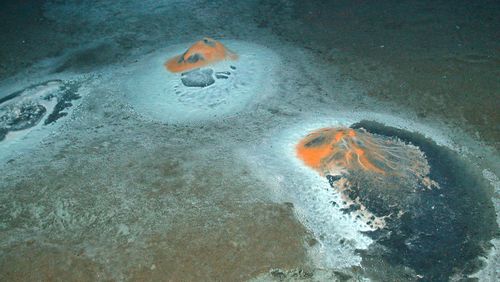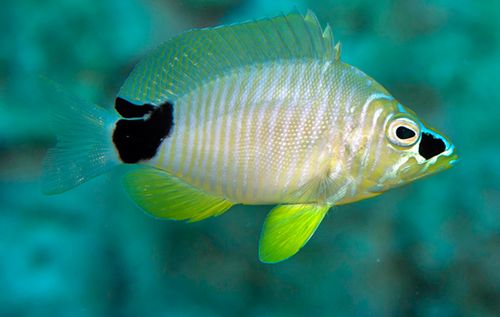Growing microorganisms and their natural communities in the lab – that's what a new collaborative project led by Oldenburg researchers is working on. The aim is to develop a bioreactor that simulates microbes' natural living conditions.
Growing microorganisms and their natural communities in the laboratory is the focus of a new research project titled "Cultivation of previously uncultivated microorganisms from different aquatic habitats" (MultiKulti) and led by the University of Oldenburg. Microbiologist Prof. Dr. Martin Könneke of the University of Oldenburg's Institute for Chemistry and Biology of the Marine Environment (ICBM) is the coordinator of the joint project, which was launched at the start of July. The goal of the researchers, who come from all over Germany, is to develop a "bioreactor" that simulates the natural living conditions of microbes so that they can be cultivated in the laboratory on a permanent basis. The long-term objective is to create an automated system managed by artificial intelligence that can support different research approaches, such as the study of the microbes' ecology or their biotechnological applications.
The Federal Ministry of Education and Research (BMBF) will provide 2.5 million euros for the project over a three-year period, around 500,000 euros of which will go to the University of Oldenburg. In addition to the team from the ICBM, researchers from the Friedrich-Alexander University Erlangen-Nuremberg, the Humboldt University of Berlin, the University of Duisburg-Essen, the DVGW Water Technology Centre in Karlsruhe and the German Aerospace Centre in Cologne are also taking part.
Challenge for researchers
Microorganisms are everywhere and fulfil important functions in all ecosystems. "Yet the majority of all free-living organisms are still virtually unknown to us," explains project coordinator Könneke. Experts refer to this as "microbial dark matter". The problem is that only very few microbes can be kept alive in the lab over long periods. This poses a challenge for researchers because it is virtually impossible for them to conduct targeted experiments on organisms living in regions that are difficult to access, such as the deep sea, groundwater, or bodies of water in extreme environments.
The team of microbiologists and bioprocess engineers aims to develop a bioreactor in which even microbes that make very special demands on their environment can be cultivated, and have come up with a new concept to achieve their goal: a modular, fully automated bioreactor that provides the microbial communities with almost the same environmental conditions they encounter in nature in the lab. The team will use modern molecular biology methods and other techniques to analyze the composition of the communities at regular intervals and adjust growth conditions accordingly.
Succesfull in a competition of ideas
"In the first step, we want to preserve the natural communities of the microorganisms," explains Könneke. In the following steps the researchers plan to isolate and enrich individual organisms to gain more knowledge about the communities, individual species, and their ecological requirements. The team is focusing on three groups of microbes: the first is found in drinking water and groundwater and influences for example water treatment plants. The second group lives in cold water geysers and could be significant for biotechnological applications. The third microbial community plays an important ecological role in the sea. The researchers will also investigate how extraterrestrial conditions – such as those on Mars – affect certain microorganisms.
The research consortium first came together at a BMBF workshop in 2019. In the subsequent competition of ideas, the team won a start-up grant of 200,000 euros to carry out preliminary work and have a good chance of succeeding with a full proposal.

![[Translate to English:] Picture of the sampling frame hanging on a rope and still under water. It consists of 48 bottles, which are arranged in a circle and can be opened and closed at different depths.](/fileadmin/_processed/c/0/csm_271215_SO245_0996_13891bbf48.jpg)


